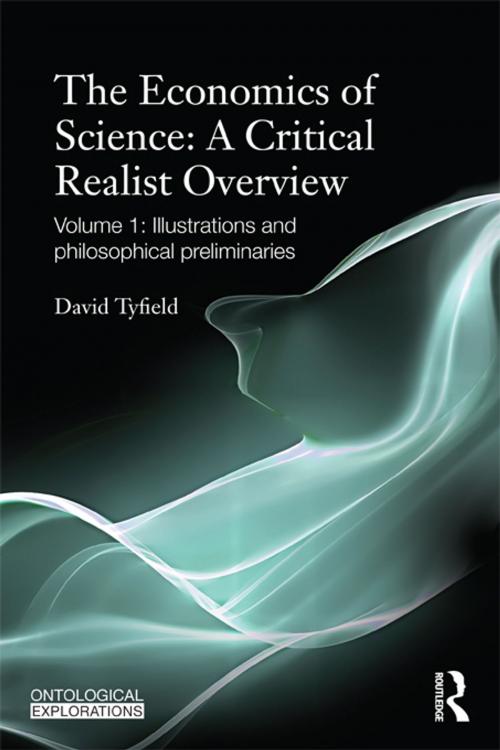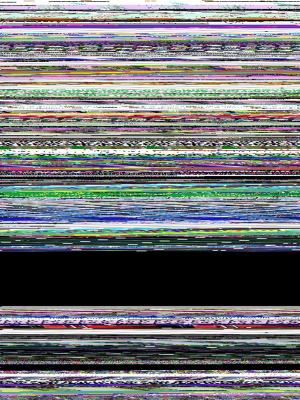The Economics of Science: A Critical Realist Overview
Volume 1: Illustrations and Philosophical Preliminaries
Nonfiction, Science & Nature, Science, Other Sciences, Philosophy & Social Aspects, Social & Cultural Studies, Social Science, Sociology| Author: | David Tyfield | ISBN: | 9781136587429 |
| Publisher: | Taylor and Francis | Publication: | June 17, 2013 |
| Imprint: | Routledge | Language: | English |
| Author: | David Tyfield |
| ISBN: | 9781136587429 |
| Publisher: | Taylor and Francis |
| Publication: | June 17, 2013 |
| Imprint: | Routledge |
| Language: | English |
Dramatic and controversial changes in the funding of science over the past two decades, towards its increasing commercialization, have stimulated a huge literature trying to set out an "economics of science". Whether broadly in favour or against these changes, the vast majority of these frameworks employ ahistorical analyses that cannot conceptualise, let alone address, the questions of "why have these changes occurred?" and "why now?" Nor, therefore, can they offer much insight into the crucial question of future trends. Given the growing importance of science and innovation in an age of both a globalizing knowledge-based economy (itself in crisis) and enormous challenges that demand scientific and technological responses, these are significant gaps in our understanding of important contemporary social processes.
This book argues that the fundamental underlying problem in all cases is the ontological shallowness of these theories, which can only be remedied by attention to ontological presuppositions. Conversely, a critical realist approach affords the integration of a realist political economy into the analysis of the economics of science that does afford explicit attention to these crucial questions; a ‘cultural political economy of research and innovation’ (CPERI). Accordingly, the book sets out an introduction to the existing literature on the economics of science together with novel discussion of the field from a critical realist perspective. In arguing thus across levels of abstraction, however, the book also explores how concerted engagement with substantive social enquiry and theoretical debate develops and strengthens critical realism as a philosophical project, rather than simply ‘applying’ it.
Divided into two volumes, in this first volume the book explores the ‘top’ and ‘tail’ of the argument, regarding substantive and philosophical aspects. Starting with substantive illustrations, we explore the social challenges associated with the contemporary commercialization of science and the movement towards a knowledge-based bio-economy. Having shown the explanatory benefits of assuming a realist political economy perspective, the book then turns to the task of reconstructing and justifying that theoretical perspective. True to the overall argument regarding attention to ontological presuppositions, this starts with critical realism’s critique of mainstream economics but also develops critical realism itself towards what may be called a ‘transcendental constructivism’.
Dramatic and controversial changes in the funding of science over the past two decades, towards its increasing commercialization, have stimulated a huge literature trying to set out an "economics of science". Whether broadly in favour or against these changes, the vast majority of these frameworks employ ahistorical analyses that cannot conceptualise, let alone address, the questions of "why have these changes occurred?" and "why now?" Nor, therefore, can they offer much insight into the crucial question of future trends. Given the growing importance of science and innovation in an age of both a globalizing knowledge-based economy (itself in crisis) and enormous challenges that demand scientific and technological responses, these are significant gaps in our understanding of important contemporary social processes.
This book argues that the fundamental underlying problem in all cases is the ontological shallowness of these theories, which can only be remedied by attention to ontological presuppositions. Conversely, a critical realist approach affords the integration of a realist political economy into the analysis of the economics of science that does afford explicit attention to these crucial questions; a ‘cultural political economy of research and innovation’ (CPERI). Accordingly, the book sets out an introduction to the existing literature on the economics of science together with novel discussion of the field from a critical realist perspective. In arguing thus across levels of abstraction, however, the book also explores how concerted engagement with substantive social enquiry and theoretical debate develops and strengthens critical realism as a philosophical project, rather than simply ‘applying’ it.
Divided into two volumes, in this first volume the book explores the ‘top’ and ‘tail’ of the argument, regarding substantive and philosophical aspects. Starting with substantive illustrations, we explore the social challenges associated with the contemporary commercialization of science and the movement towards a knowledge-based bio-economy. Having shown the explanatory benefits of assuming a realist political economy perspective, the book then turns to the task of reconstructing and justifying that theoretical perspective. True to the overall argument regarding attention to ontological presuppositions, this starts with critical realism’s critique of mainstream economics but also develops critical realism itself towards what may be called a ‘transcendental constructivism’.















